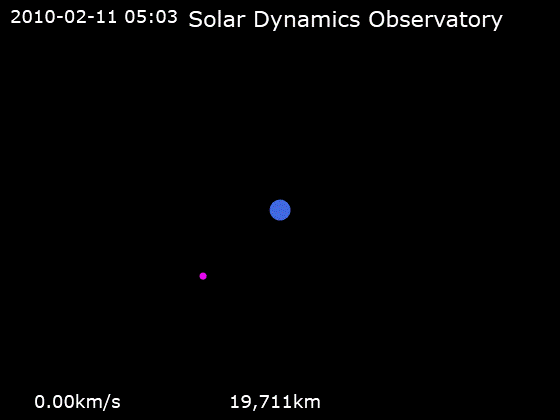Understanding Late-Stage Accretion in Rocky Planet Formation

Recent research conducted by scientists from the Southwest Research Institute (SwRI) and Yale University has shed light on the critical late-stage accretion processes that shape the evolution of rocky planets in our solar system. Their findings, published in the prestigious journal *Nature* on June 21, 2025, emphasize the significant impact of late-stage planetary growth on the geophysical and chemical characteristics of planets such as Earth, Mars, Venus, and Mercury.
During the formation of rocky planets, a disk of dust and gas surrounding young stars serves as the foundation for their development. Initially, small rocky bodies merge into larger planetesimals, eventually forming full-sized planets. Notably, the Earth achieved approximately 99% of its mass within 60 to 100 million years following the solar system's formation. However, the remaining 1%, referred to as the “late accretion” phase, plays a disproportionately influential role in determining the distinct properties of these planets.
Dr. Simone Marchi, the lead author of the study and a researcher at SwRI, stated, "We examined the disproportionate role late accretion - the final 1% of planetary growth - plays in controlling the long-term evolution of the Earth and other terrestrial planets. Differences in planets' late accretions may provide a rationale for interpreting their distinct properties."
Through large-scale impact simulations and insights from geochemical data derived from meteorites and terrestrial rocks, the researchers have made significant strides in tracing planetary development. These impact histories are crucial in understanding tectonic systems, volatile inventories, and atmospheric compositions across different planets. For example, the water and atmospheric conditions on Venus and Earth, the surface variability on Mars, and Mercury's dense core are all reflections of late-stage collisions.
Dr. Marchi further emphasized the implications of these findings for the search for habitable exoplanets. "Impact histories should play a critical role in the search for habitable exoplanets like Earth. The habitability of a rocky planet depends on the nature of its atmosphere, which is tied to plate tectonics and mantle outgassing. The search for Earth's twin might focus on rocky planets with similar bulk properties - mass, radius, and habitable zone location - as well as a comparable collision history."
Geological processes can obscure the impact record, prompting researchers to utilize lunar data and dynamic modeling for reconstructing collision histories. By analyzing how certain metals behave during impacts, scientists can derive insights into the evolution of a planet's crust and mantle. Furthermore, planetary atmospheres are significantly affected by these impacts; some collisions may strip away atmospheres, while others contribute vital volatiles such as carbon and water.
Dr. Marchi concluded, "These processes almost certainly played a role in the prebiotic chemistry of early Earth, but their implications in the origin of life remain a mystery." The findings of this research not only advance the scientific community's understanding of planetary formation but also hold potential implications for future explorations of exoplanets and the search for life beyond Earth.
This research represents a pivotal step in our understanding of the formative processes that led to the creation of terrestrial planets, influencing not only their physical characteristics but also their ability to support life. As scientists continue to investigate the complexities of planetary evolution, the insights gained from studies like this will remain essential in shaping our understanding of the cosmos.
Advertisement
Tags
Advertisement





